Grape Seed Oil meticulously crafted from the finest grape seeds using cold-pressing techniques. This versatile oil is a treasure trove of nutrients, including antioxidants, vitamin E, and omega-6 fatty acids, offering a host of benefits for both your kitchen and skincare regimen.
Culinary Delights:-
- Light and Versatile: With its neutral flavor and high smoke point, grape seed oil is perfect for sautéing, frying, and baking without overwhelming the natural taste of your dishes.
- Healthy Cooking: Low in saturated fats and cholesterol-free, it's a heart-healthy choice for conscious cooks seeking nutritious oils.
- Salad Dressings: Create delicious vinaigrettes and dressings with a touch of grape seed oil, enhancing your salads with its delicate flavor.
Skincare Marvel:-
- Nourishing Moisture: Grape seed oil is easily absorbed, providing deep hydration without clogging pores, making it suitable for all skin types.
- Antioxidant Power: Rich in antioxidants like proanthocyanidins, it helps combat free radicals and promotes youthful-looking skin.
- Skin Barrier Support: Omega-6 fatty acids help strengthen the skin barrier, reducing moisture loss and enhancing skin elasticity.
- Gentle Makeup Remover: Use grape seed oil as a gentle and effective makeup remover, leaving your skin cleansed and nourished.
Culinary Uses:-
-
Cooking and Frying:
- Due to its high smoke point, grape seed oil is ideal for sautéing, frying, and deep-frying dishes without imparting a strong flavor.
- Use it to sear meats, vegetables, and seafood for a crispy and delicious finish.
-
Salad Dressings:
- Combine grape seed oil with vinegar or citrus juice, herbs, and seasonings to create light and flavorful salad dressings.
- Its neutral taste won't overpower the other ingredients, allowing the flavors to shine through.
-
Baking:-
- Substitute grape seed oil for butter or vegetable oil in baking recipes for a healthier twist.
- It adds moisture to baked goods like cakes, muffins, and cookies while keeping them light and fluffy.
Skincare and Haircare:-
-
Facial Moisturizer:
- Apply a few drops of grape seed oil to clean, dry skin as a lightweight moisturizer. It absorbs quickly, leaving skin soft and hydrated.
- It's suitable for all skin types, including sensitive and acne-prone skin.
-
Makeup Remover:
- Gently massage grape seed oil onto your face to dissolve makeup, including waterproof products.
- Wipe away with a soft cloth or rinse off with warm water for clean, refreshed skin.
-
Hair Treatment:
- Warm grape seed oil slightly and massage it into your scalp and hair.
- Leave it on for 30 minutes to an hour before shampooing to nourish and condition your hair, leaving it shiny and manageable.
Grape seed oil has a range of uses and potential effectiveness in various applications, including culinary, skincare, and haircare. Here are some common uses and the potential effectiveness of grape seed oil:-
Culinary Uses:-
-
Cooking and Frying:
- Effectiveness: Grape seed oil has a high smoke point, making it suitable for high-heat cooking methods like frying and sautéing without smoking or burning easily.
- Usage: Used as a cooking oil for frying foods such as meats, vegetables, and seafood.
-
Salad Dressings:
- Effectiveness: Its mild, neutral flavor makes grape seed oil a popular choice for salad dressings, allowing other flavors to stand out.
- Usage: Blended with vinegar, citrus juice, herbs, and spices to create light and flavorful dressings.
-
Baking:
- Effectiveness: Grape seed oil can be used as a healthier alternative to butter or vegetable oil in baking recipes, contributing moisture and a light texture to baked goods.
- Usage: Substituted for other oils in recipes for cakes, muffins, cookies, and more
Grape seed oil is generally considered safe for most people when used appropriately and in moderation. However, like any substance, it may cause side effects in certain individuals. Here are potential side effects and precautions associated with grape seed oil:-
Skin Reactions:-
- Allergic Reactions: Some individuals may be allergic to grape seed oil, leading to skin irritation, redness, itching, or rash. Perform a patch test before using it on a larger area of the skin.
Digestive Issues:-
- Upset Stomach: Consuming large amounts of grape seed oil may cause gastrointestinal discomfort, including stomach upset, nausea, diarrhea, or bloating.
Blood Sugar Effects:-
- Hypoglycemia Risk: Grape seed oil may lower blood sugar levels. Individuals with diabetes or those taking medications to lower blood sugar should monitor their levels closely while using grape seed oil.
Blood Pressure Effects:-
- Hypotension Risk: In some cases, grape seed oil may lower blood pressure. Individuals with low blood pressure or those taking medications to lower blood pressure should use grape seed oil cautiously and under medical supervision.
Here are some special precautions and warnings to consider when using grape seed oil:-
-
Allergies:
- Individuals with known allergies to grapes or grape products should use grape seed oil with caution, as allergic reactions may occur.
- Perform a patch test before using grape seed oil topically, especially if you have sensitive skin or allergies.
-
Pregnancy and Breastfeeding:
- While grape seed oil is generally considered safe, pregnant and breastfeeding women should consult their healthcare provider before using it, as safety data during pregnancy and lactation may be limited.
-
Children:
- Grape seed oil is generally safe for children when used in moderation. However, it's advisable to consult a pediatrician before using it on children, especially for topical applications

22354205.jpg) Wellness
Wellness EYES
EYES Wellness
Wellness ACR
ACR BEST PRODUCT
BEST PRODUCT Hair Oil
Hair Oil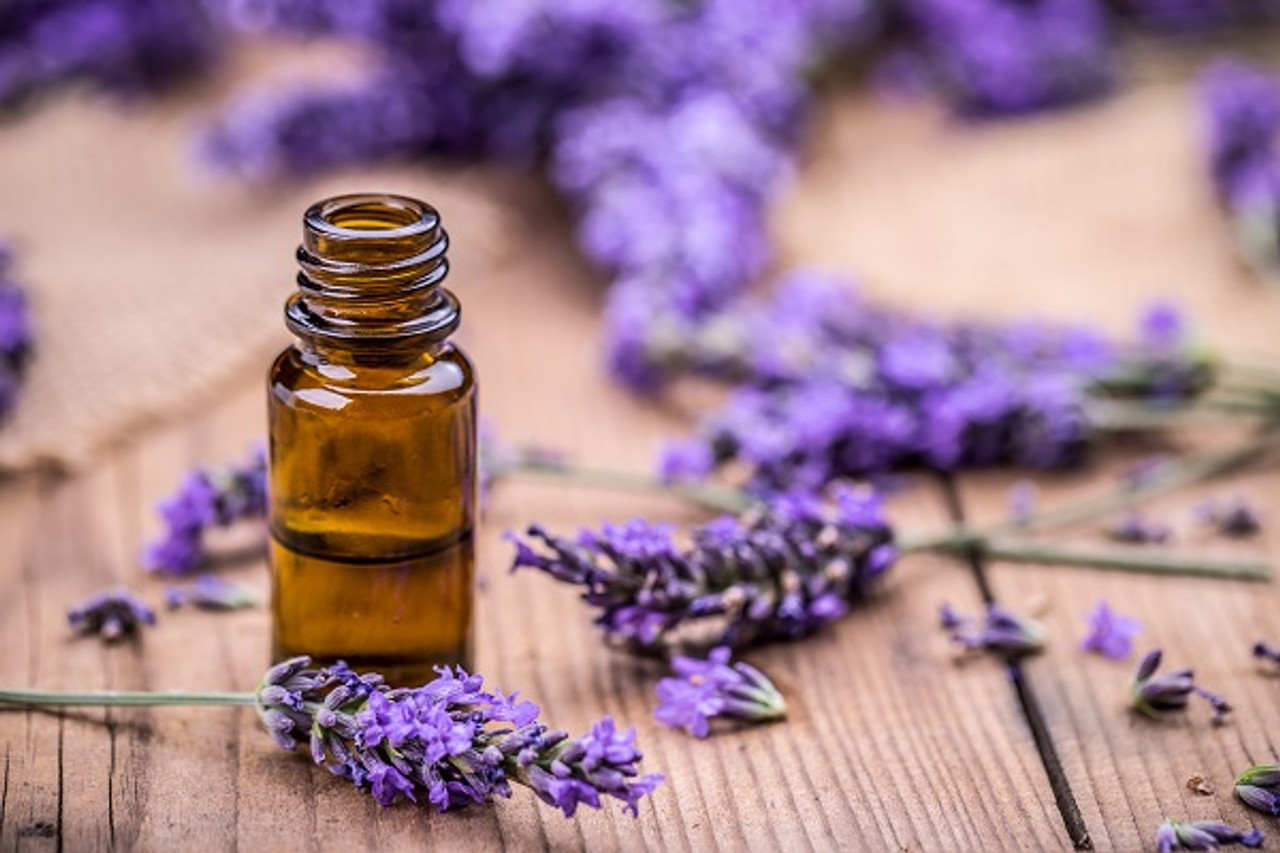 Immunity
Immunity Health Related Issues
Health Related Issues abc
abc Hair Fall
Hair Fall Sensuality
Sensuality Hair oil
Hair oil Hair Growth
Hair Growth NFC
NFC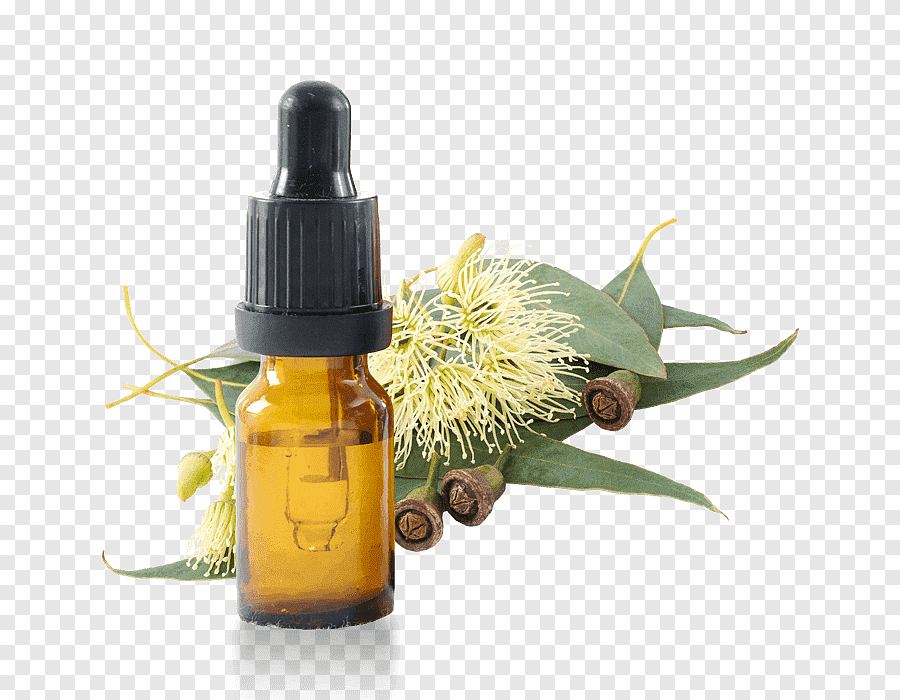 Health Related Issues
Health Related Issues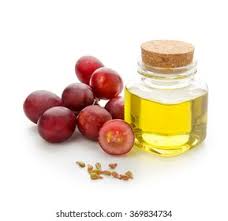
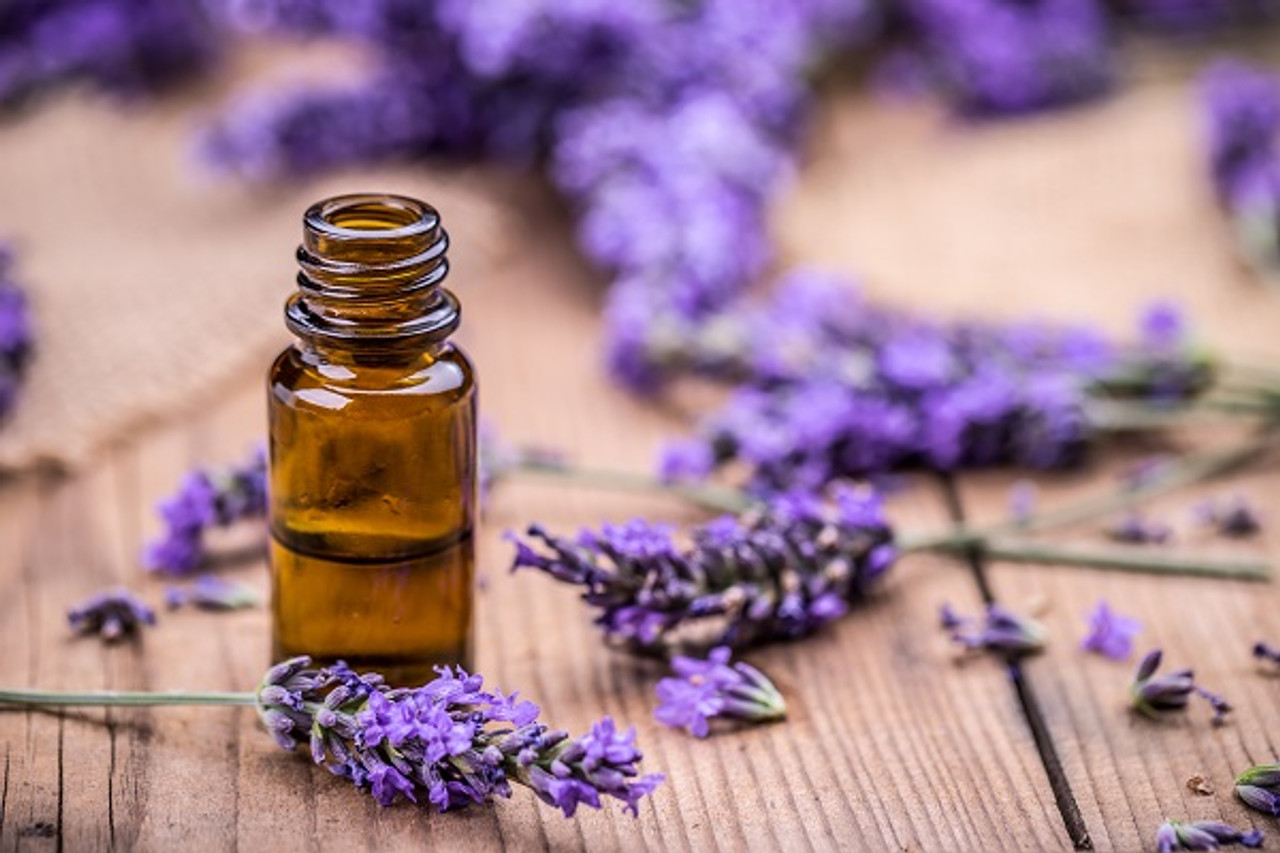
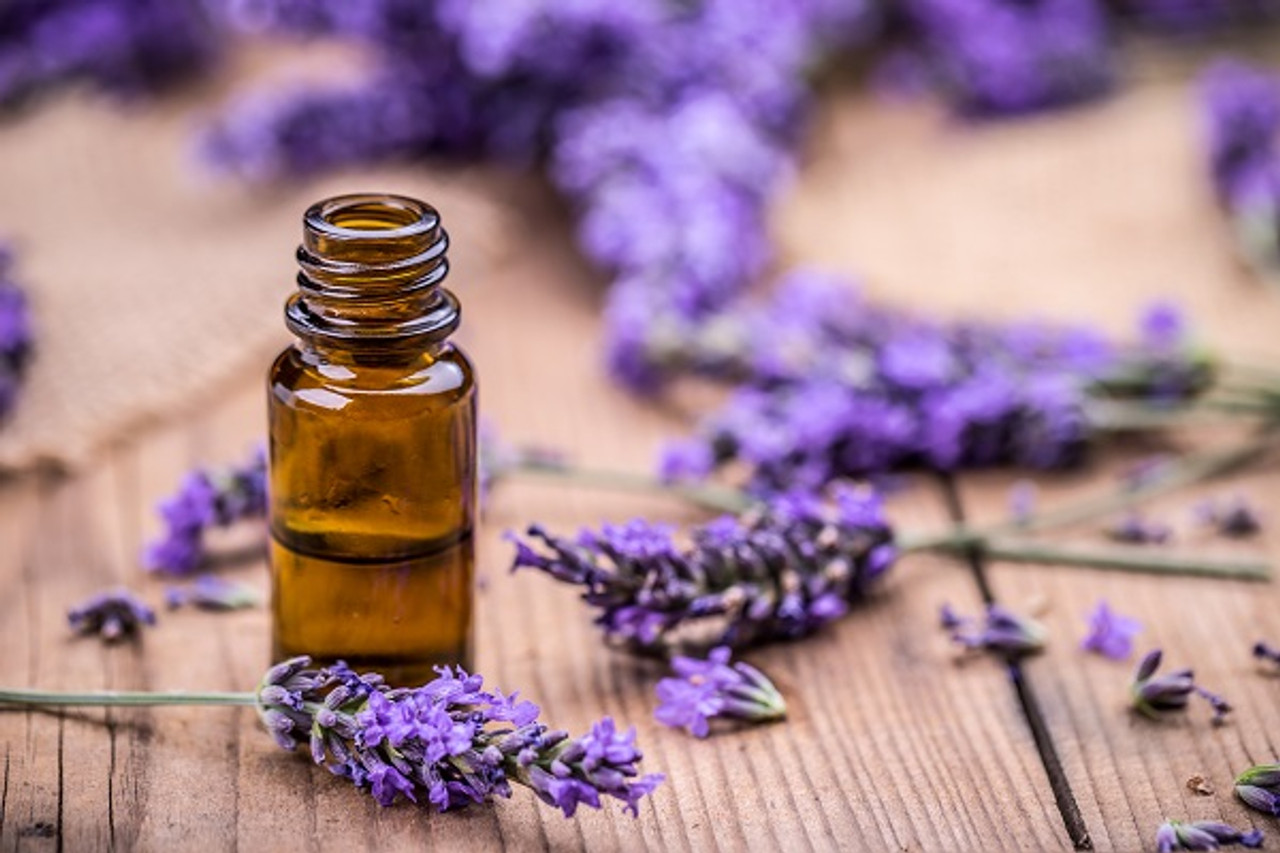
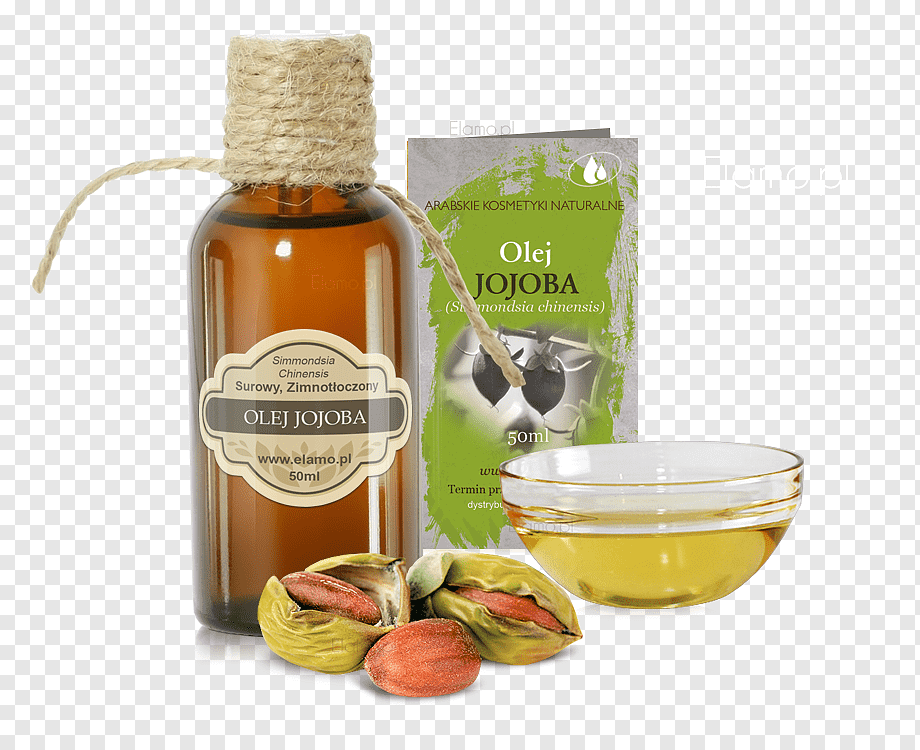


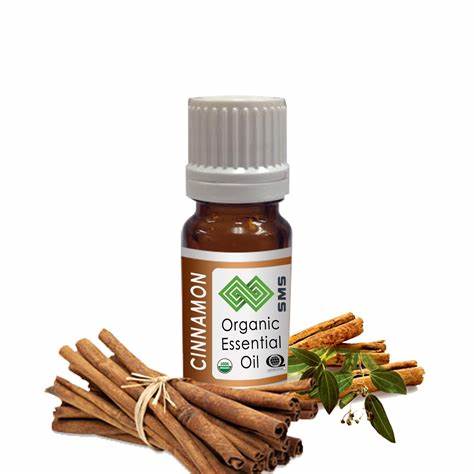
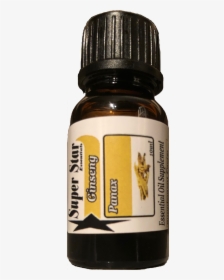


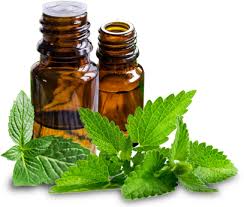
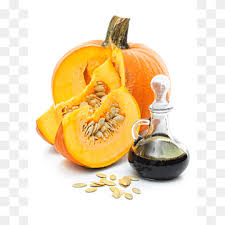



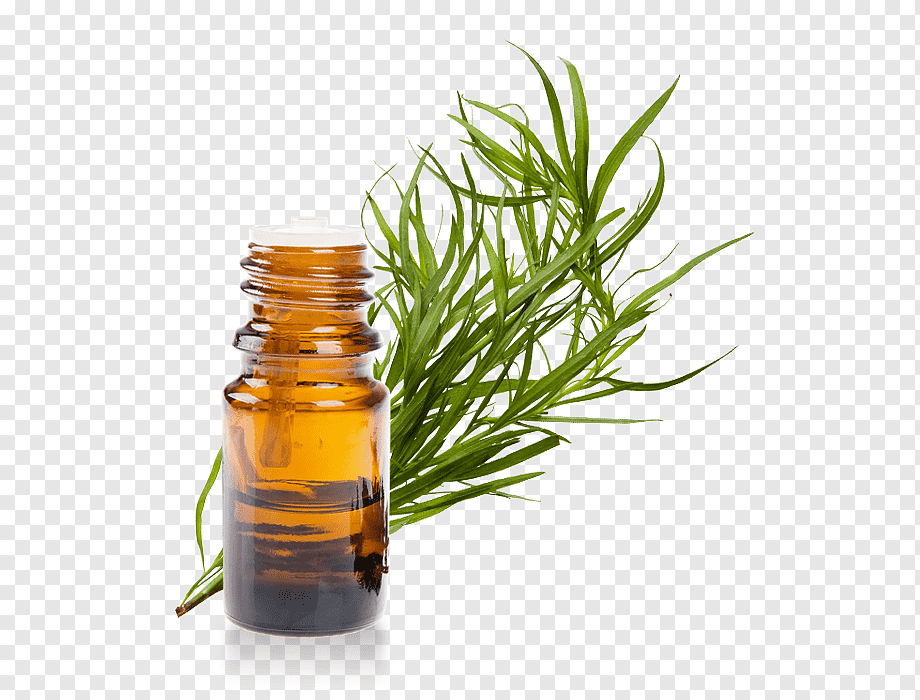
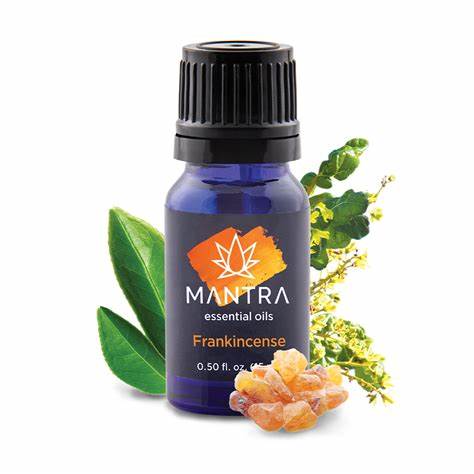
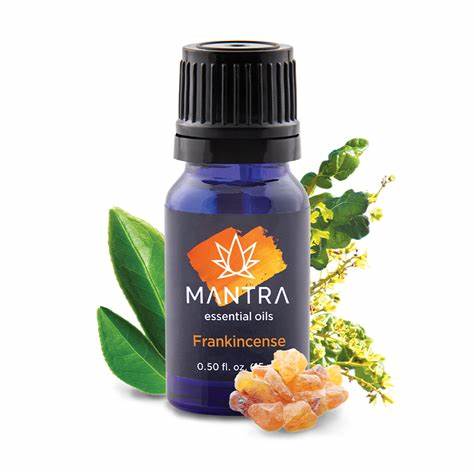


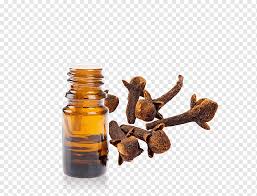
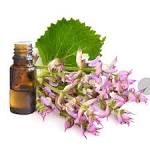
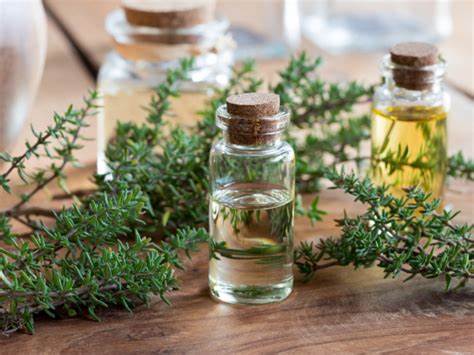
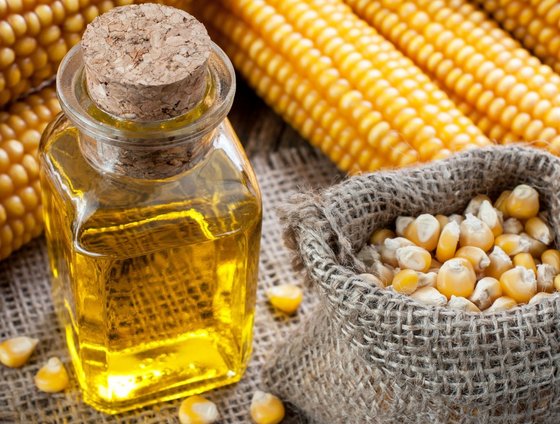
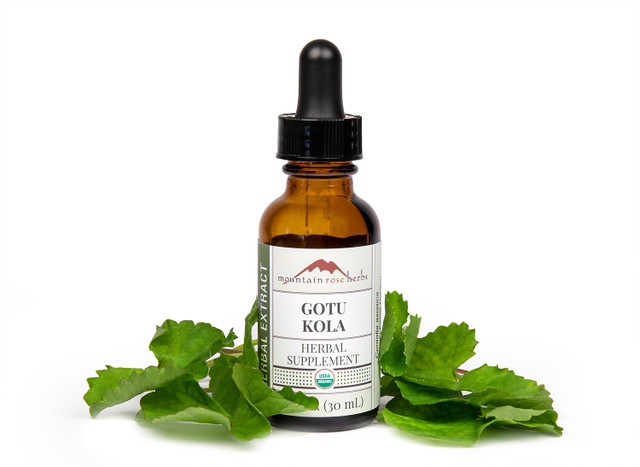
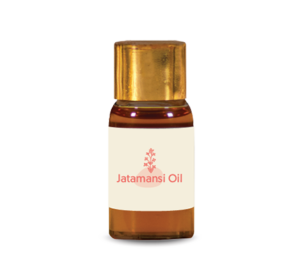
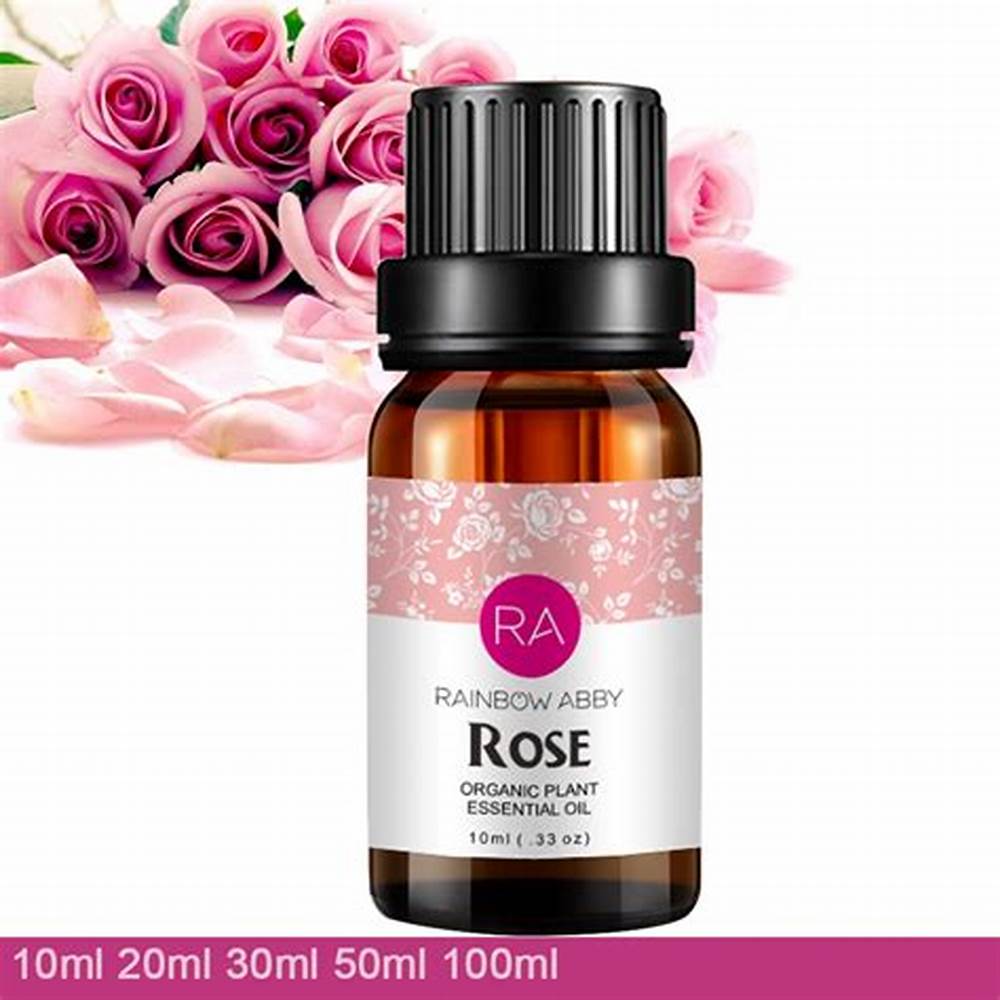
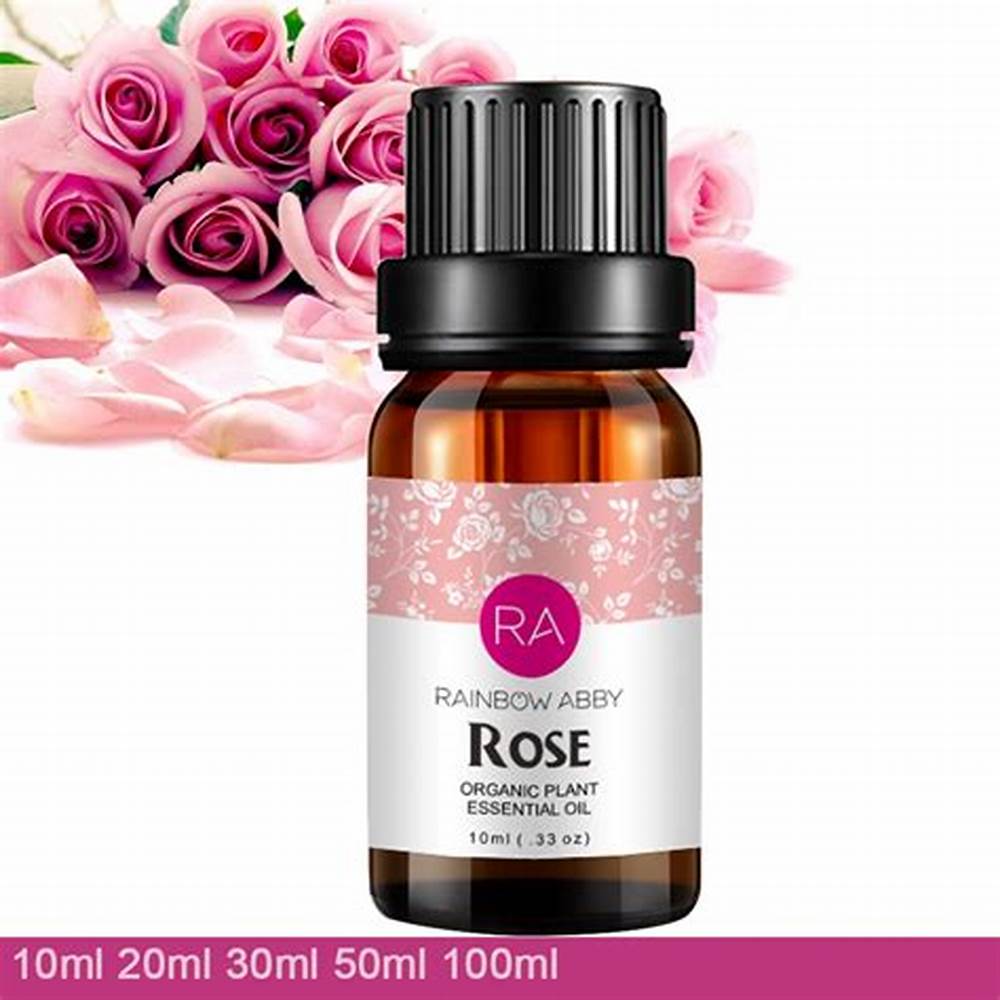


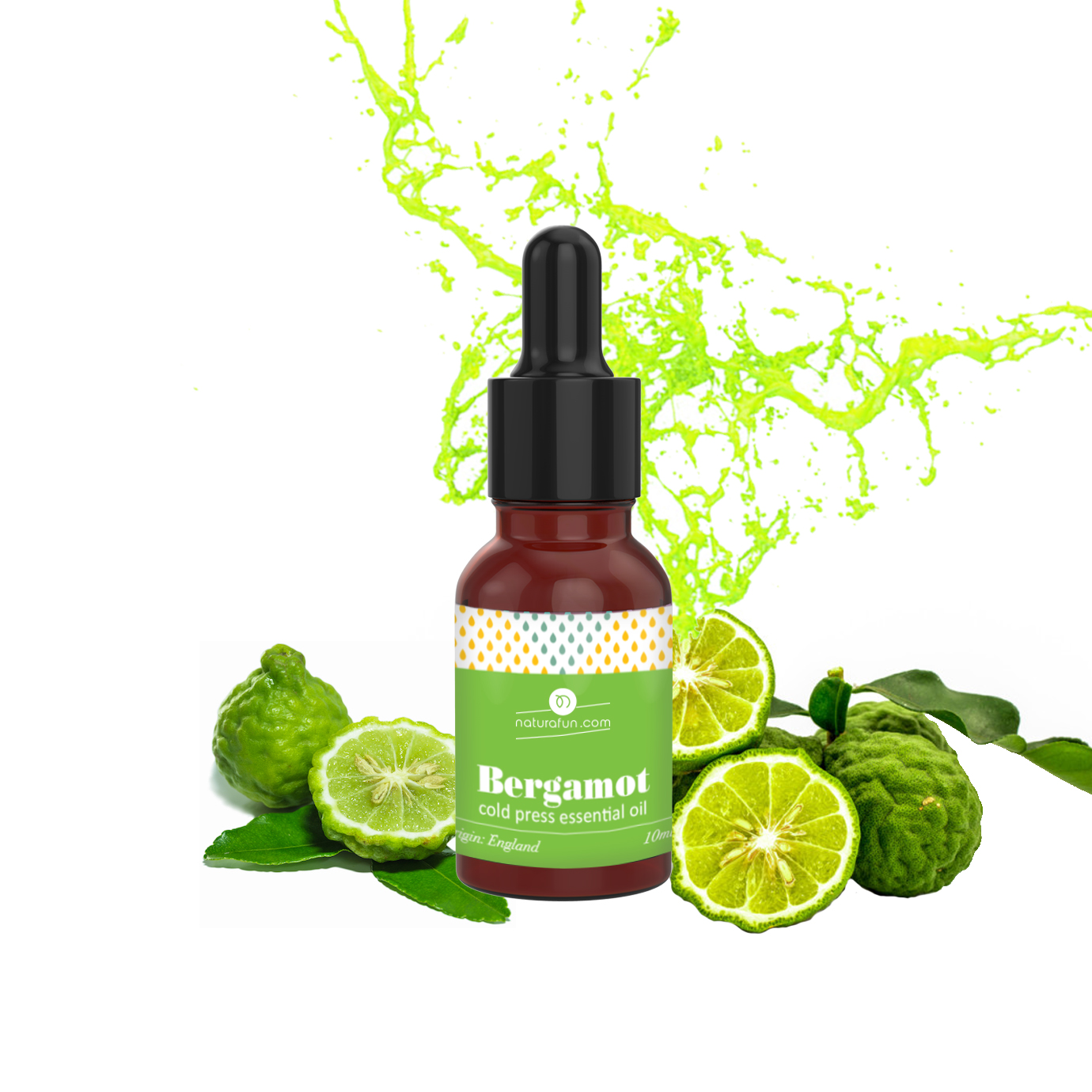
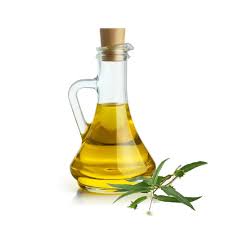
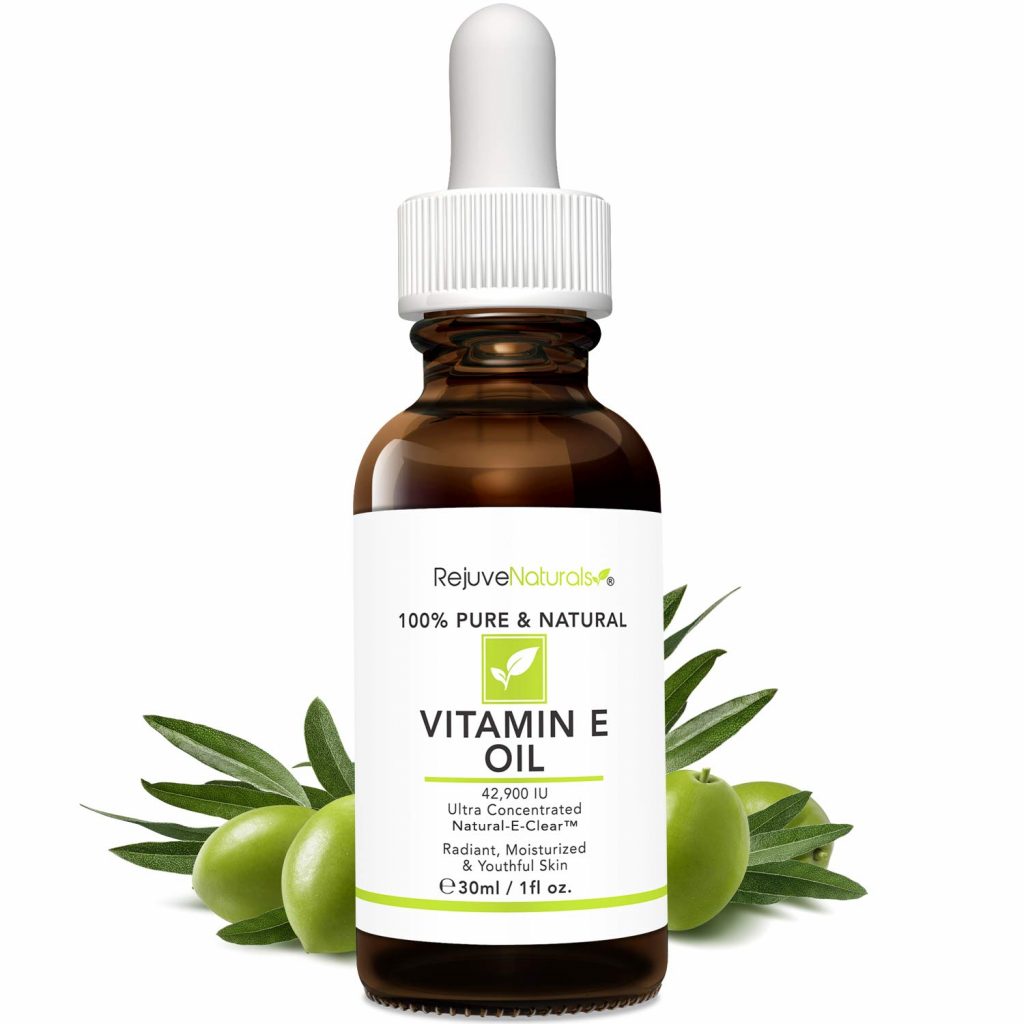
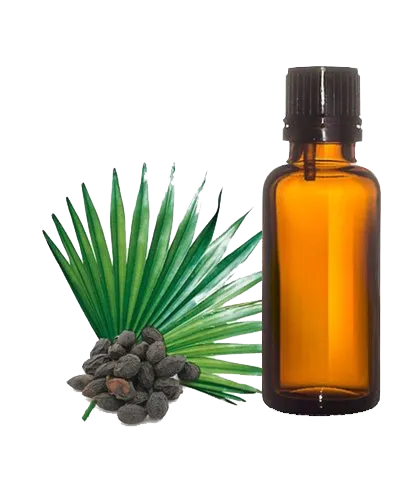
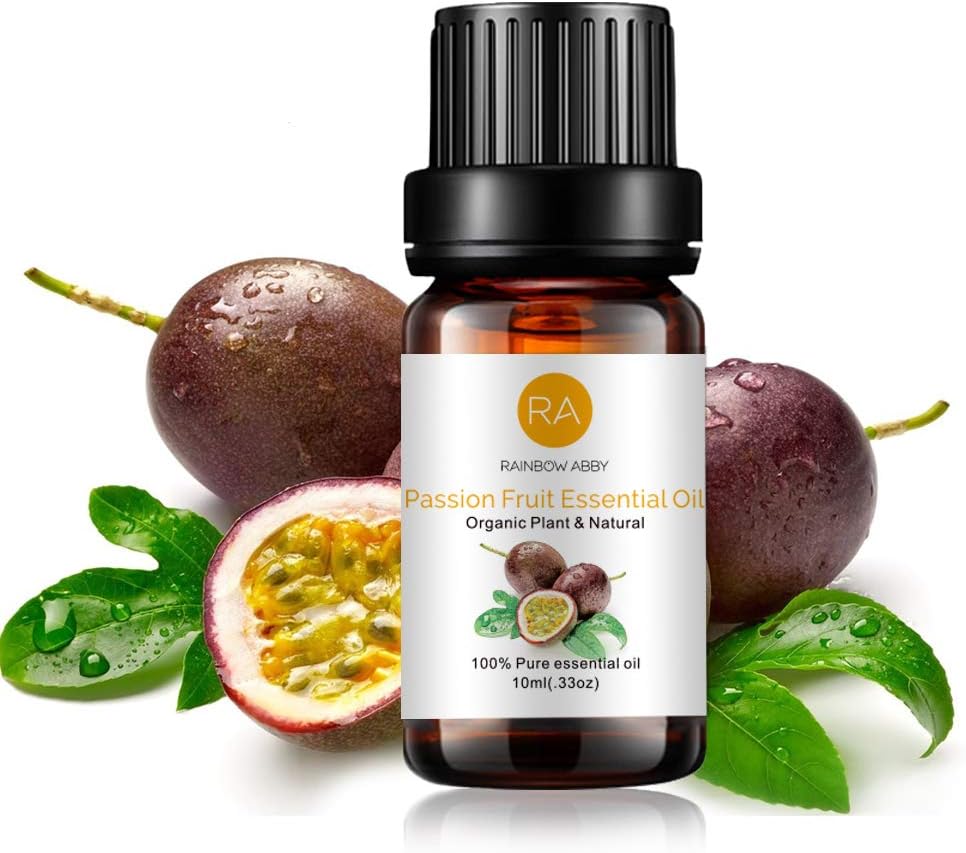



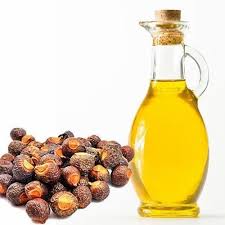
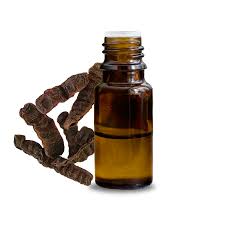
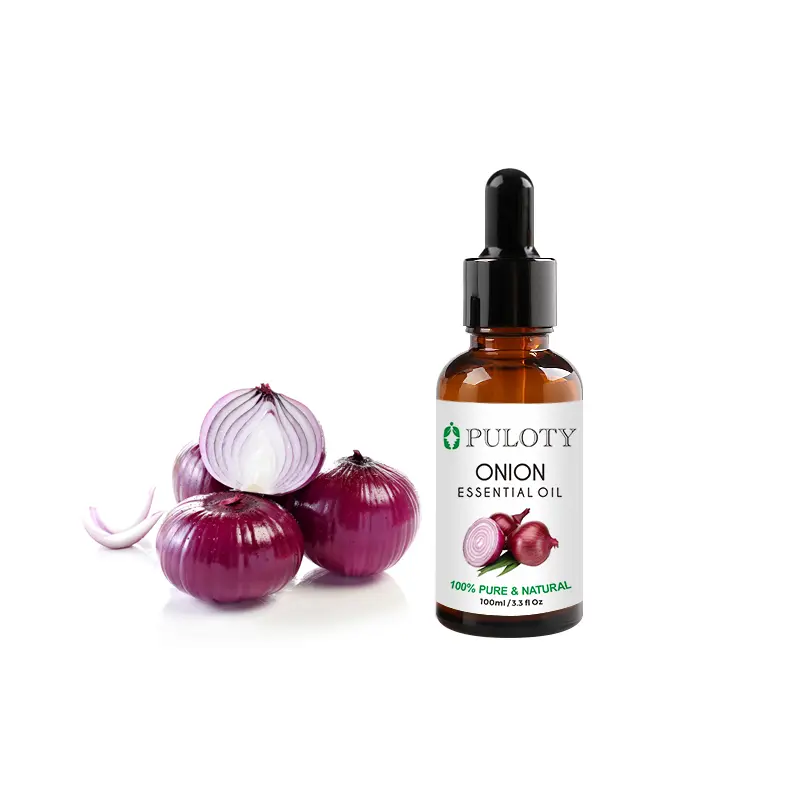
24394239.png)
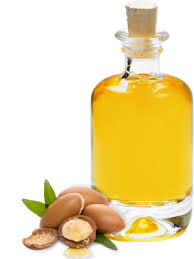
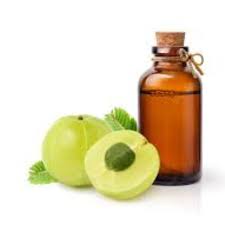

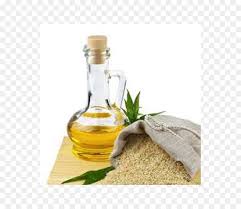
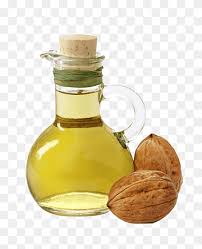
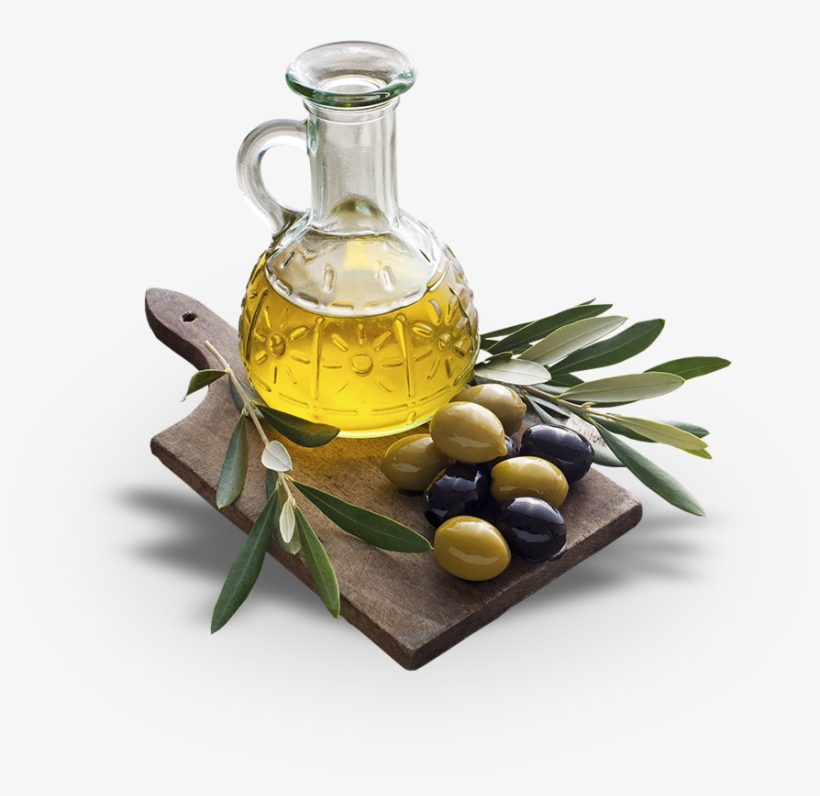
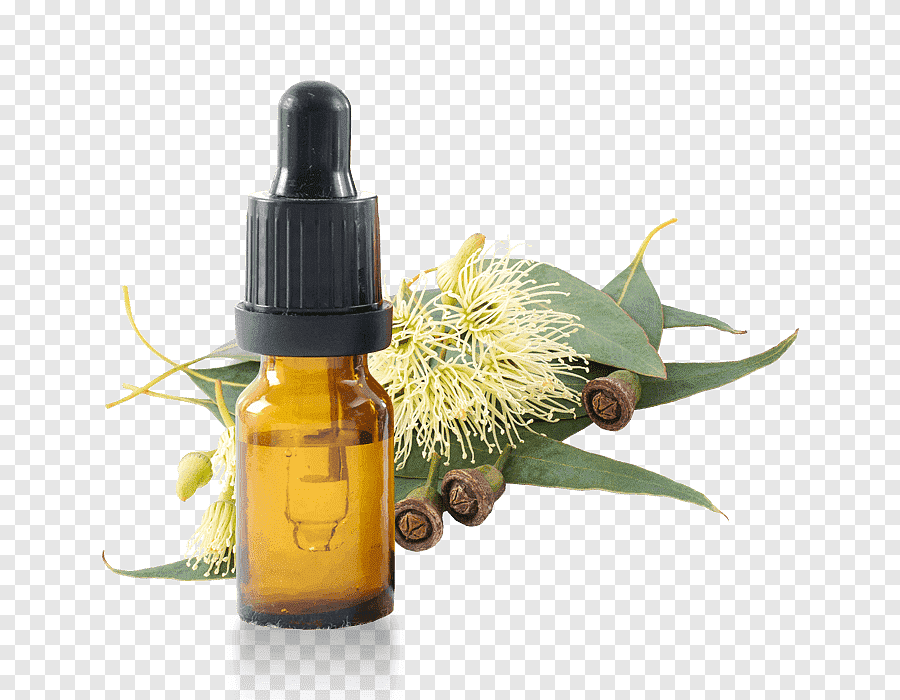
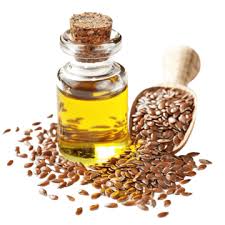
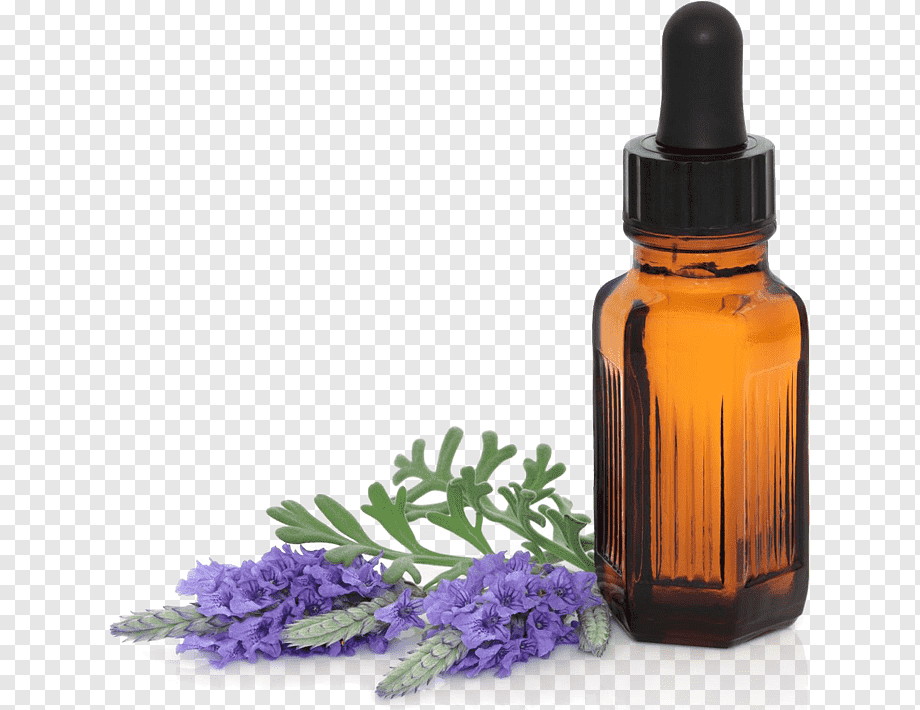

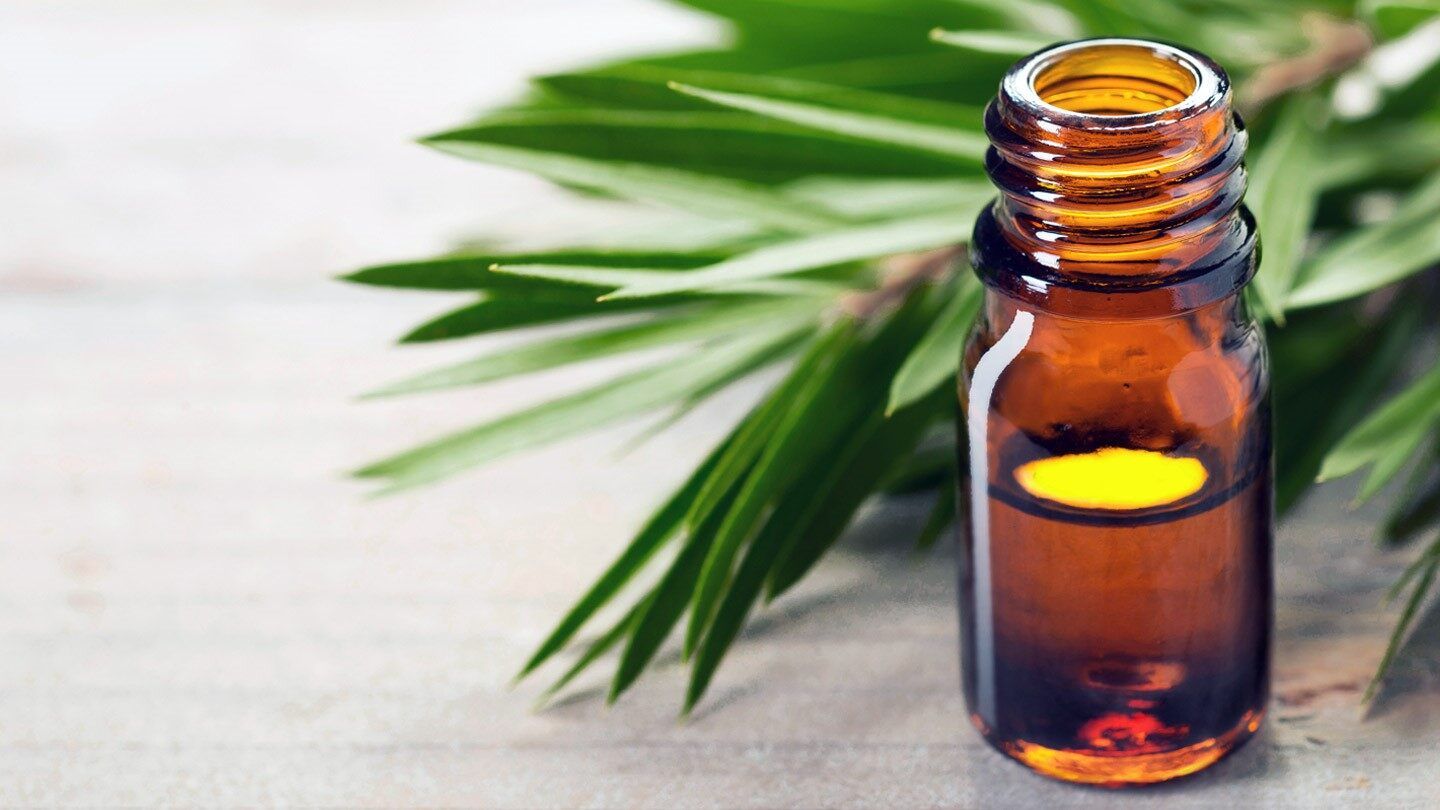
22354205.jpg) Lower
Lower abc
abc wellness
wellness Hair Fall
Hair Fall Skin Care
Skin Care Sensuality
Sensuality Carry
Carry Hair oil
Hair oil Gray to Black
Gray to Black Hair Growth
Hair Growth Sexual Wellness & Sensuality
Sexual Wellness & Sensuality NFC
NFC Lavender
Lavender Health Related Issues
Health Related Issues Natural Herbs
Natural Herbs Immunity
Immunity Joints Pain
Joints Pain Diabetic Issues
Diabetic Issues Skin,Fever,Cancer
Skin,Fever,Cancer Heart Related Issues
Heart Related Issues
Customer questions & answers
Customer reviews
4.8 out of 5